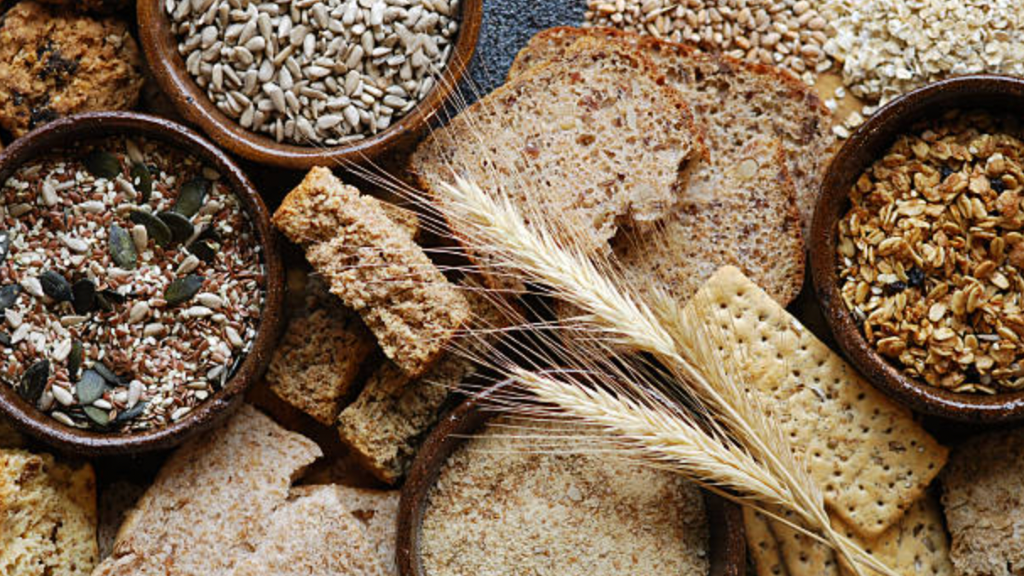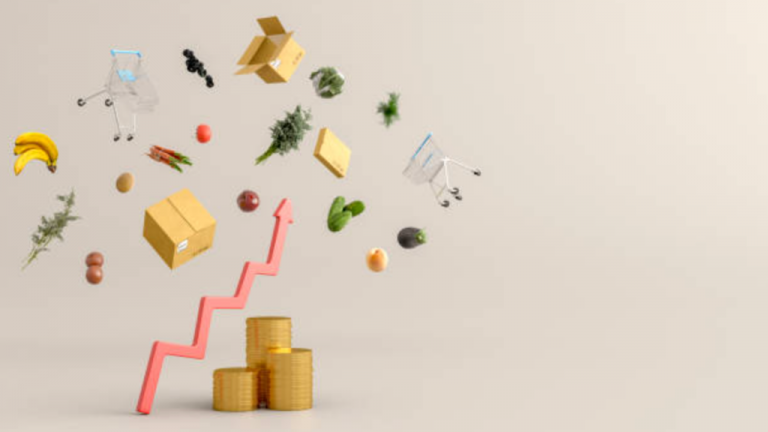A research conducted for the NCDEX Investor Protection Fund on two commodities for which futures trading is prohibited found no evidence that derivatives trading led to higher prices or that the suspension of their futures trading reduced price volatility.
Prof. Nidhi Agarwal of IIM-Udaipur, Tirtha Chatterjee of Jindal School of Government and Public Policy, and research scholar Karan Sehgal found that price movement in commodities without futures is uncontrolled and likely to be more volatile than in commodities with a footprint in the derivatives segment, as they are subject to position limits, margin requirements, and daily price caps.

The paper was published on Tuesday in the presence of Ashok Dalwai, chief executive officer of the National Rainfed Area Authority (NRAA), and Vijay Laxmi Nadendla, joint secretary in the agriculture ministry.
It was determined that futures trading had little effect on mustard oil price fluctuations. There was also no empirical evidence about the effect of trade suspension on price behavior.
“The data indicates that mustard oil would have exhibited a comparable tendency even in the absence of suspension,” the study showed. Rather, the study discovered that prior to the suspension of the futures market, it had a 64 percent stake in revealing the genuine price of mustard seed. According to the study, this function no longer exists as a result of the restriction. Similarly, chana exhibited a similar result.
Futures trading for mustard oil and chana was halted on August 16 and October 20, 2021, respectively, and the suspension was extended to December 20, 2021, for an additional year.
Since the inception of derivatives trading in agricultural commodities, futures have been prohibited on several occasions for a variety of reasons, with inflation impact being the most prominent.
“The derivatives market is crucial for price discovery, price distribution, and risk negotiation. Price volatility is currently the greatest risk for farmers, and legislative reforms are required to mitigate the price risk faced by value chain members. Currently, production centres and agricultural markets are largely fragmented, necessitating integration in order to provide effective price discovery and boost efficiency. This will get us closer to achieving our goal of a unified national market “On the occasion, Dalwai stated.




